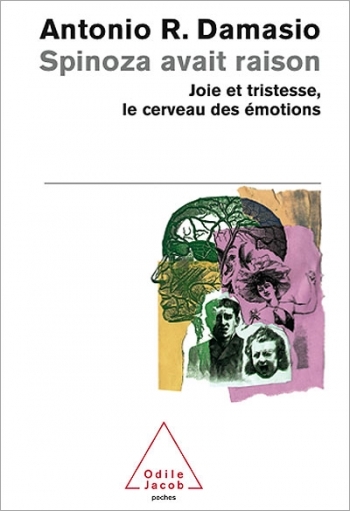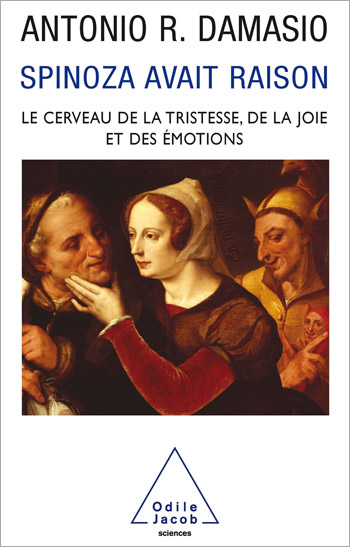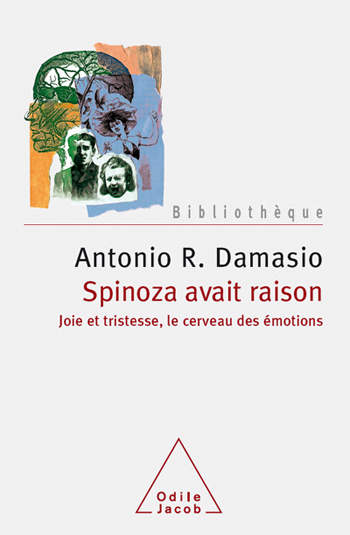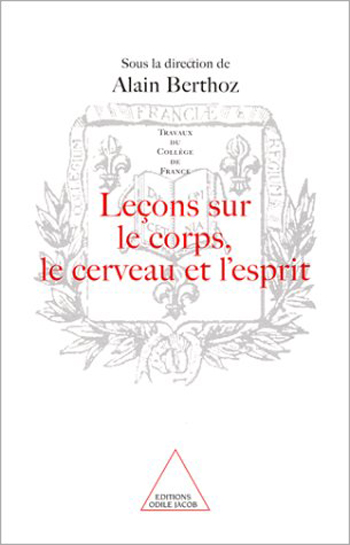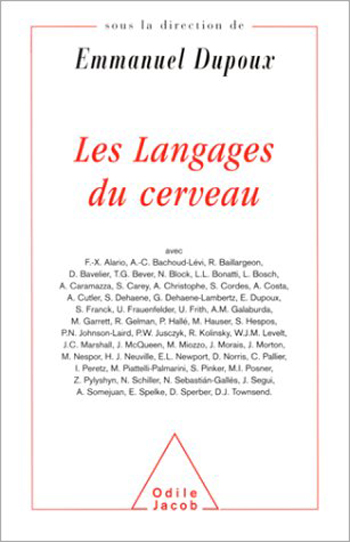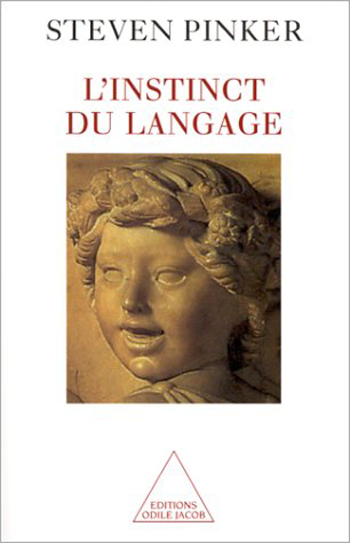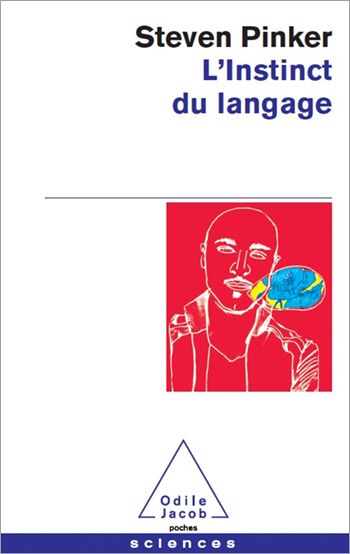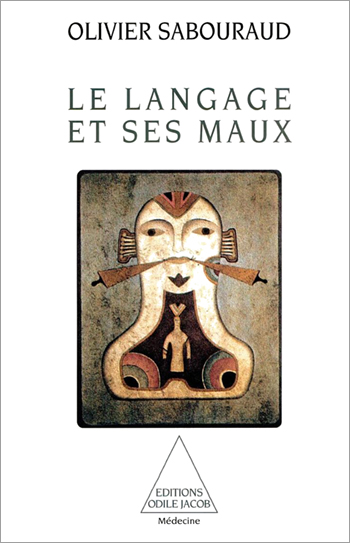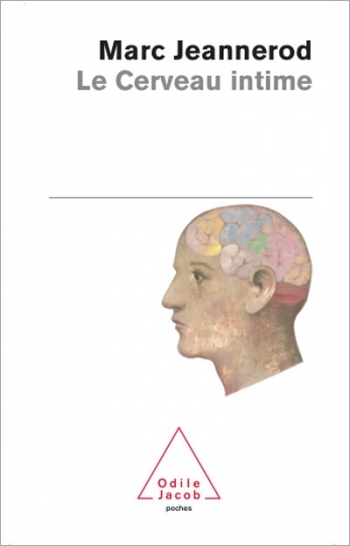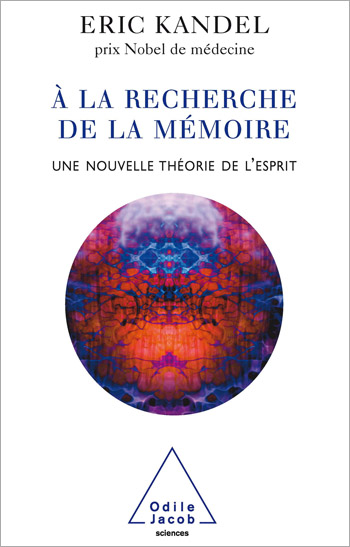Neuroscience All books
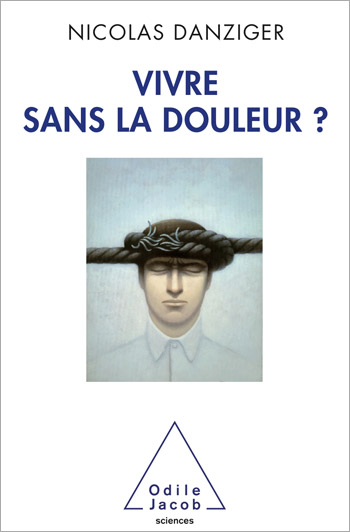
Nicolas Danziger
Life Without Pain?
An intellectual and affective journey, paved with unique stories and experiences, and their often amazing outcomes
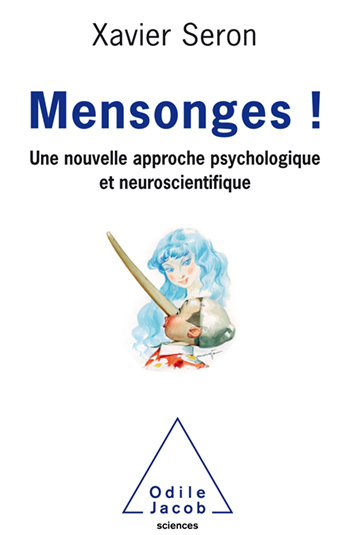
Xavier Seron
The Lie
Based on the latest advances in research, notably in Anglophone countries. An approach that leans heavily on the neurosciences and looks at the cerebral foundation of lying.
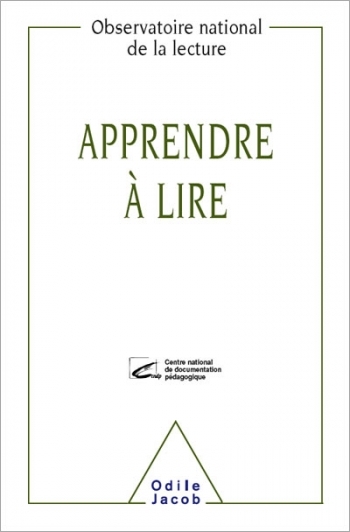
Observatoire national de la lecture
Learning to Read
Learning to read is a continuous process which runs throughout primary and secondary school, and indeed through the whole of life. However, the crucial time is the first two years of primary school - it is at this time that the child learns the code of the written language and begins to undertake the reading of texts. This report summarises recent research by the best specialists working in the field and provides essential information on the thorny issue of children suffering from reading difficulties. The French National Reading Research Institute is a consultative body of the National Education Ministry and brings together teachers, researchers, school inspectors and representatives of the parents of pupils.
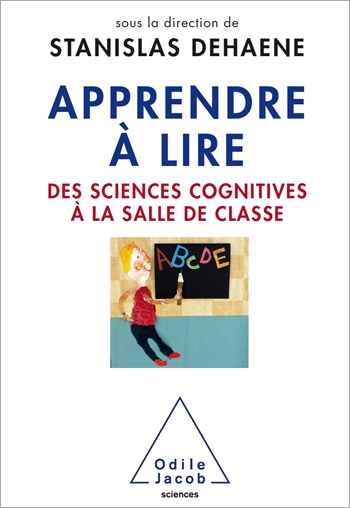
Stanislas Dehaene
Learning to Read A New Approach Based on the Neurosciences
A new method to teach reading skills, based on recent research in the neurosciences, for the use of parents and teachers.
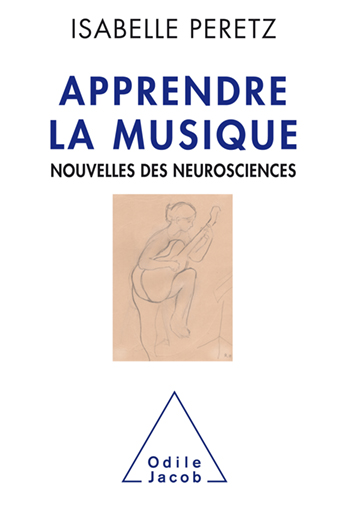
Isabelle Peretz
Learn Music What’s New in the Neurosciences
The fruit of more than thirty years of research on the neurobiological foundations of music in conjunction with education, which tells us everything about the way in which music acts and transforms our brain.
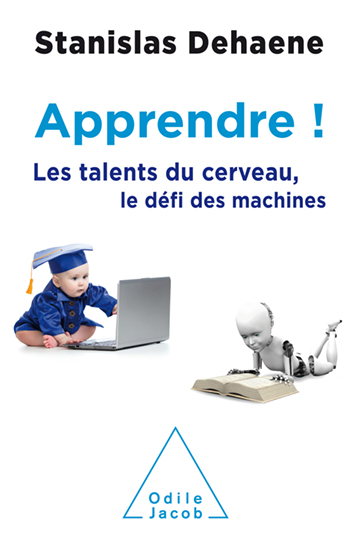
Stanislas Dehaene
Learn
A clear and precise explanation of the essential mechanisms that make our brain the most efficient tool for learning that we know of today...
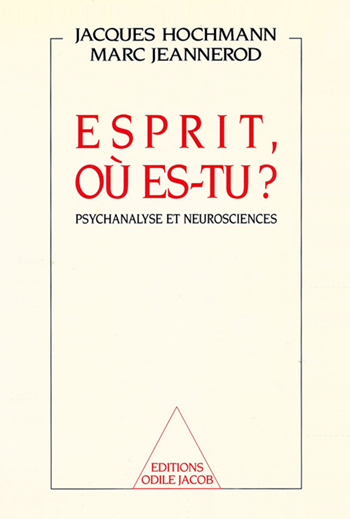
Jacques Hochmann, Marc Jeannerod
Is there anybody there ? Psychoanalysis and Neuroscience
For the first time, a psychoanalyst and a neurophysiologist have put their expertise together in order to progress in knowledge. The focus is rather on their ability to listen to each other, and their avoidance of concessions, than on individualistic, polemic arguments. Thus, important bridges are built between the two disciplines, which perhaps heralds the advent of another psychology. Jacques Hochmann is a professor of psychiatrics and a psychoanalyst. Marc Jeannerod is a professor of physiology and a neurophysiologist.
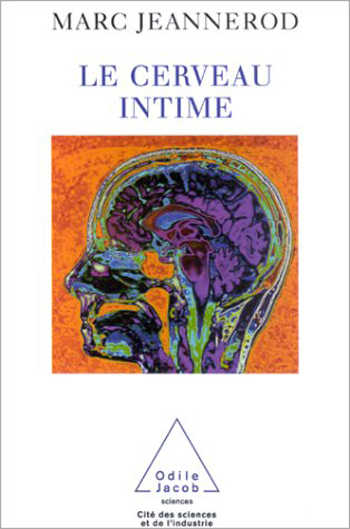
Marc Jeannerod
The Intimate Brain
Today, the brain has ceased to be regarded as existing in isolation in the human body. It is now considered in relation to its sensory, emotional and cultural environment. This book asks the question of what are the mechanisms and chemistry of the emotions? How do emotional states and the consciousness of those states permeate memory and thought? How does depression affect the emotions, and how can it be treated? How is the consciousness of self and of others constructed? Marc Jeannerod teaches physiology at the University Claude-Bernard-Lyon-I, and is the director of the Institute of Cognitive Sciences.
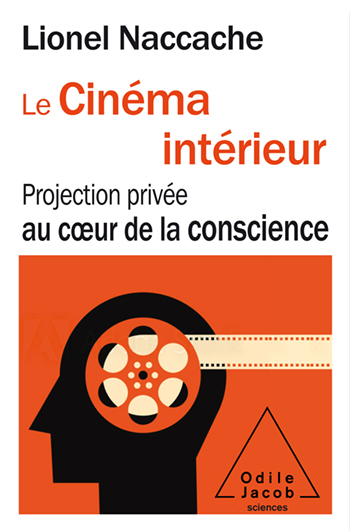
Lionel Naccache
Inner Cinematography and Awareness
A skillful book in which the author makes use of the most current resources of the neurosciences to understand the cerebral and psychological mechanisms that create our representation of the world and our awareness.
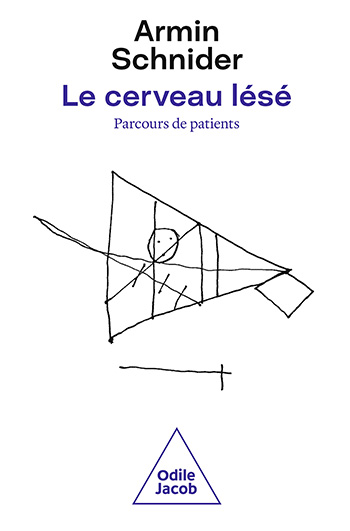
Armin Schnider
The Injured Brain How to Help Recovery
A book that shows that brain recovery is possible, regardless of age.
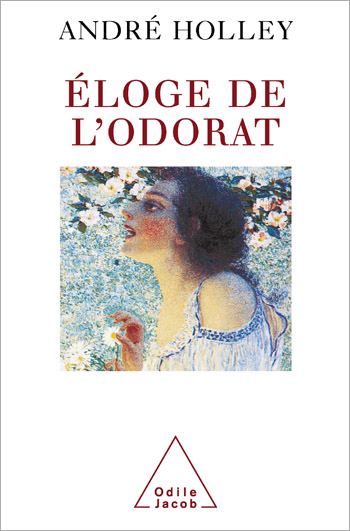
André Holley
In Praise of our Sense of Smell
Disparaged by the great philosophers and even by Darwin, who considered it useless, yet praised by Proust and Baudelaire for the richness of the emotions it inspires, the human sense of smell is generally considered secondary to the other senses. But is it really? André Holley makes a scientific argument for this powerful yet ambiguous sense. He also examines the tendency on the part of our society to deodorise to refuse accept that smells are sometimes bad, on the other hand inventing entirely new smells with the help of chemistry. Researcher at the CNRS, André Holley is a professor of neuroscience at the university Claude-Bernard in Lyon.

Jacques Ninio
The Imprint of the Senses Perception, Memory and Language
Science has completely renewed our sense of perception. We used to stand impressions, the facts of our senses, in opposition to our superior activities (language, memory, reasoning). J. Ninio shows us an alterior perceptive reasoning . His accessible prose, peppered with many examples and illustrations, presents an original analysis of today s biological and psychological research on perception.
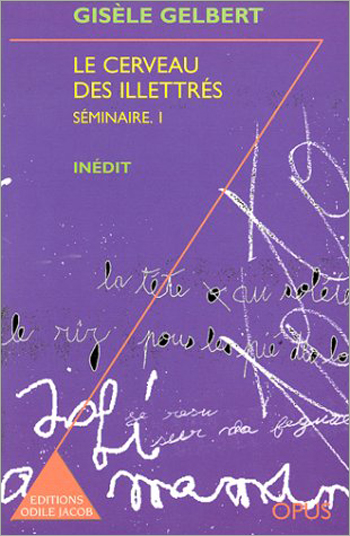
Gisèle Gelbert
The Illiterate Brain
Is illiteracy a social scourge, or is it an aphasia-like disorder? To find the answer, Gisèle Gelbert delves into the mysteries of the brain of an illiterate person, and teaches us the art of `repairing' it. By thoroughly breaking down each linguistic act, she is able to define and localise with great accuracy the disorders observed in both written and oral expression. She also makes use of the schema to develop exercices that are especially adapted to the clinical observation of localised disorders, thus opening the door to new therapeutic possiblilities. Gisèle Gelbert is a neurologist and aphasiologist. She is the author of "Lire c'est vivre "(Opus, 1996) and "Lire c'est aussi écrire" (1998).
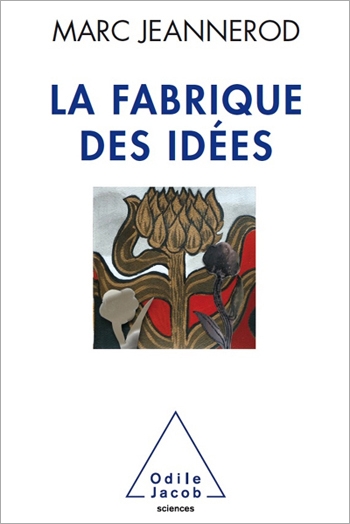
Marc Jeannerod
The Ideas Factory
A backward look over some fifty years offers sufficient distance to evaluate the coherence of a scientific process...
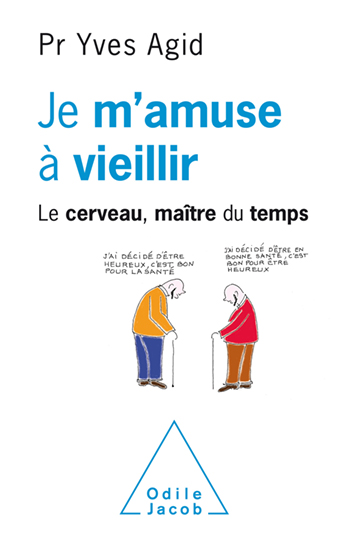
Yves Agid
I Enjoy Getting Older The Brain – Master of Time
• Clear and enlightening explanations for the aging of the brain, the primary agent of overall aging.
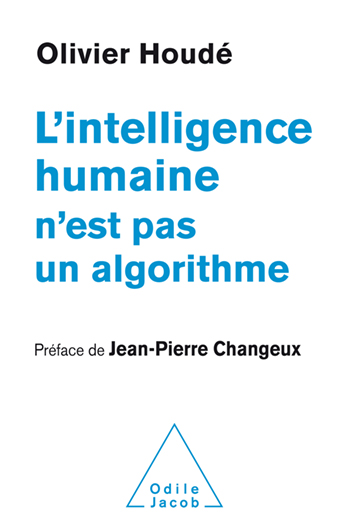
Olivier Houdé
Human Intelligence is Not an Algorithm
An original theory that proposes a new model of intelligence centered on intuition, logic, but also inhibition, indispensable for correcting our cognitive biases.
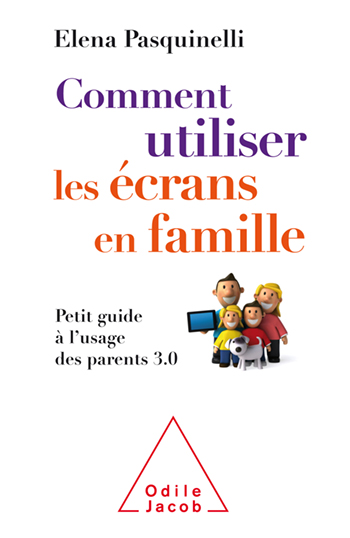
Elena Pasquinelli
How to Use Screens in Your Family A Guide for Parents 3.0
Everything you need to know on strategies to encourage a reasonable use of screens for our children and… for ourselves!
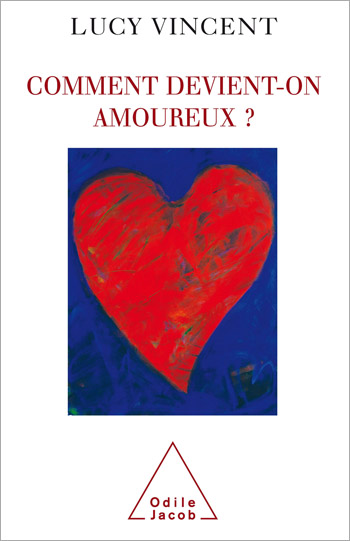
Lucy Vincent
How to Fall in Love
What if love was one of the best magic tricks invented by evolution ? A far cry from the soppy, and rose-tinted fairy tales of our childhood, Lucy Vincent invites us to discover, with her both humorous and emotive approach, the true face of love its ruses, its calculations, but also its charm, its fun, and at the end of the day, its essential beauty. An indispensable read for those who wish to know the hidden aspects of love, and a useful tool to help master the strategies and language of love. A doctor in neurosciences, Lucy Vincent is equally a scientific editor at Radio France.
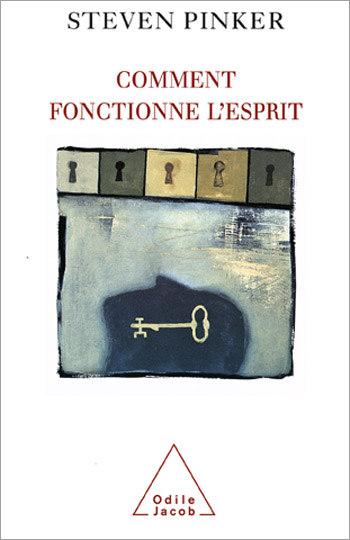
Steven Pinker
How the Mind Works
In his new book, Steven Pinker studies the human mind. What is it? How did it evolve? How does it enable us to see, think, feel, laugh, interact with others, have aesthetic experiences, and reflect on our own lives? This is the long-awaited synthesis encompassing all the major explanations offered by evolutionary biology and the cognitive sciences concerning mental life of human beings. Steven Pinker heads the Center of Cognitive Neurosciences at the Massachusetts Institute of Technology. He is the author of the highly acclaimed Language Instinct.
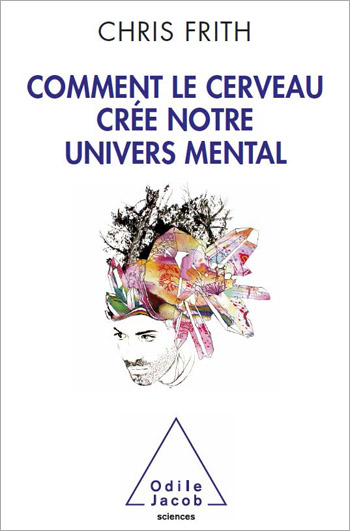
Chris Frith
How the Brain Creates Our Mental World
“…a fascinating guided tour through the elusive interface between mind and brain written by a pioneer in the field. The author’s obvious passion for the subject shines through every page.” V. S. Ramachandran

